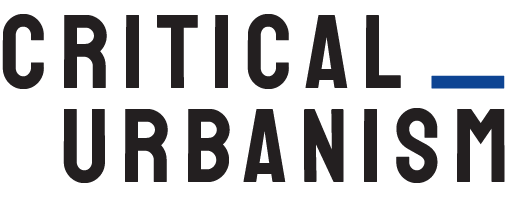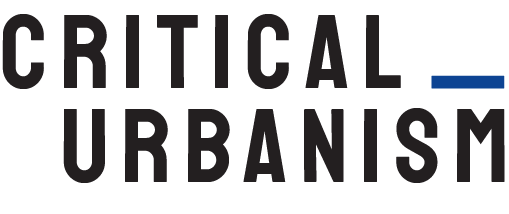
CALL: CITY / ENERGY RELATIONS IN TRANSFORMATION
February 28 – March 1, 2024, European Humanities University, Vilnius
- Fossil modernities
- Energy in the industrial city
- Emergent energy politics
- Energy, landscapes, and cultural values
- Crises of energy interdependencies
- Energy populisms
- Solarpunk
- Planetary lens and visions of urbanity
Paper abstracts (up to 250 words, including presenters’ affiliation and contact details), as well as registrations without a paper (with an expression of interest) are accepted at urbanism@ehu.lt by December 14, 2023.
Letters of acceptance are to be sent by December 19, 2023.
Symposium organizers have a limited budget to cover participation expenses (travel, accommodation, and meals) of Symposium speakers. Applicants are encouraged to use their institutional funds, if available.
Selected participants are to pay a NSU membership fee – 25 euros for participants with affiliation and 10 euros for self-employed participants.
The Symposium includes roundtable discussions to interrogate:
- How visions and imaginaries of fossil-free energy futures and urban communities are articulated in political and economic scenarios as well as in public discourses and how these visions are negotiated among different actors. This roundtable places the emphasis on the political promises of just and inclusive energy transition and on the divergent conceptions of inclusion and justice which become relevant in the course of such negotiations. It raises the question, what socio-material conditions might enable a broad process of public participation and political controversy regarding urban energy future-making.
- How hegemonic imaginations and ideas related to the transition to a post-carbon future and the European Green Deal travel from the European center and are translated, negotiated, and implemented in local and transregional contexts. We focus on policies, policy goals, and guidelines that are translated and travel across policy levels. The European Green Deal is such a process of adaptation, adjustment, and translation of ideas and interests that needs to be negotiated at different levels and scales, and its importance has increased with the COVID-19 crisis. We seek to explore how institutional legacies exert an impact on present practices, actions, and discourses, how policymaking in the present shapes and is shaped by imaginations and future scenarios and orientations that travel across policy levels from the center to the periphery, and how policymaking prioritizes, negotiates, and legitimizes competing urgencies across policy levels.
- Whether and how we can transform the energy transition discourse from technical into cultural. The old energy system not only gave birth to industrialization but also to the Anthropocene. Today this energy system makes climate change not only an ecological urgency but also a political and cultural struggle of how we will land on this Earth. In these conditions landscapes and their communities are once again expected to play a key role in defining European futures in view of CO2 emissions. As energy transition requires space, while landscapes and their local communities are to provide that space, it means that the transition also needs to be about negotiated cultural and ecological values. Viewed together, it becomes a question of negotiations between actors with different power resources and their perspectives on the meaning of landscape.
- How the notion of security (in military, economic, socio-cultural, etc. sense) is articulated in the fields of energy policy, energy design, and related public communication strategies. The emphasis is placed here on the configurations of actors referring to the notion of security in order to institutionalize meanings and inform decision-making. It is thus a context to make sense of securities’ driven changes in relations between energy infrastructures, society, culture, and politics in the context of the current triple-faceted fragility created by Russia’s invasion of Ukraine, environmental crisis, and energy transitions.
The Symposium is organized in cooperation with:
Laboratory of Critical Urbanism at European Humanities University
CityIndustries International Research Network
Centre for Interdisciplinary Regional Studies, ZIRS, at University Halle-Wittenberg
Department of Cultural Analysis at the University of Klagenfurt
LABLAB research and design think tank


